The bears of Libearty sanctuary
Blog
Our partner bear sanctuary in Romania provides 115 formerly abused bears with a peaceful life. Get to know...
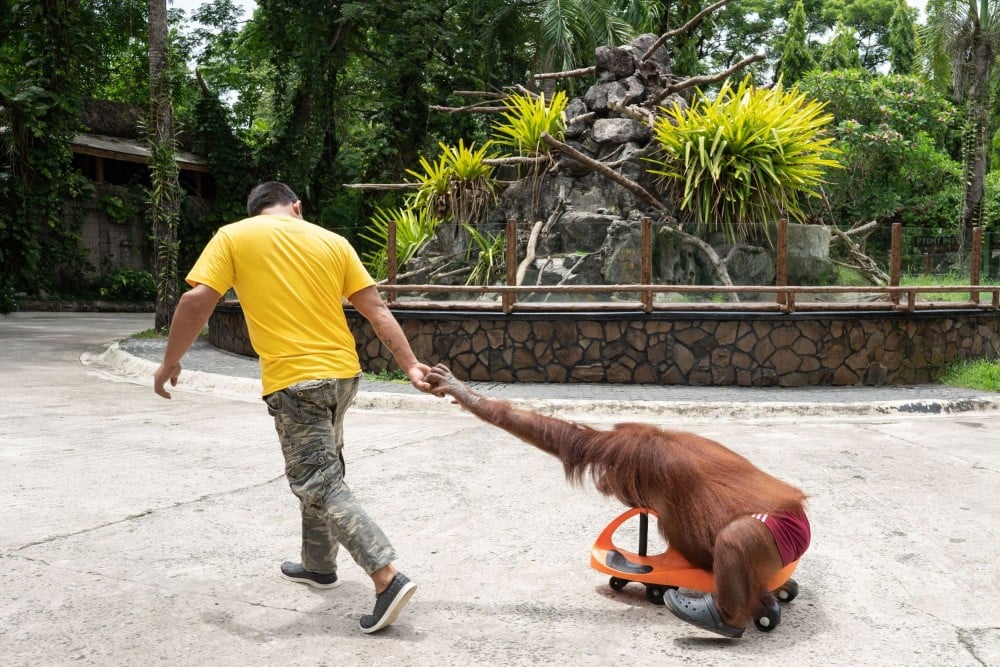
Wildlife entertainment encompasses a range of activities where animals are used for tourist amusement, often at the cost of their well-being. This includes circuses, live animal performances, interactive experiences like elephant rides, and photo opportunities with wild animals.
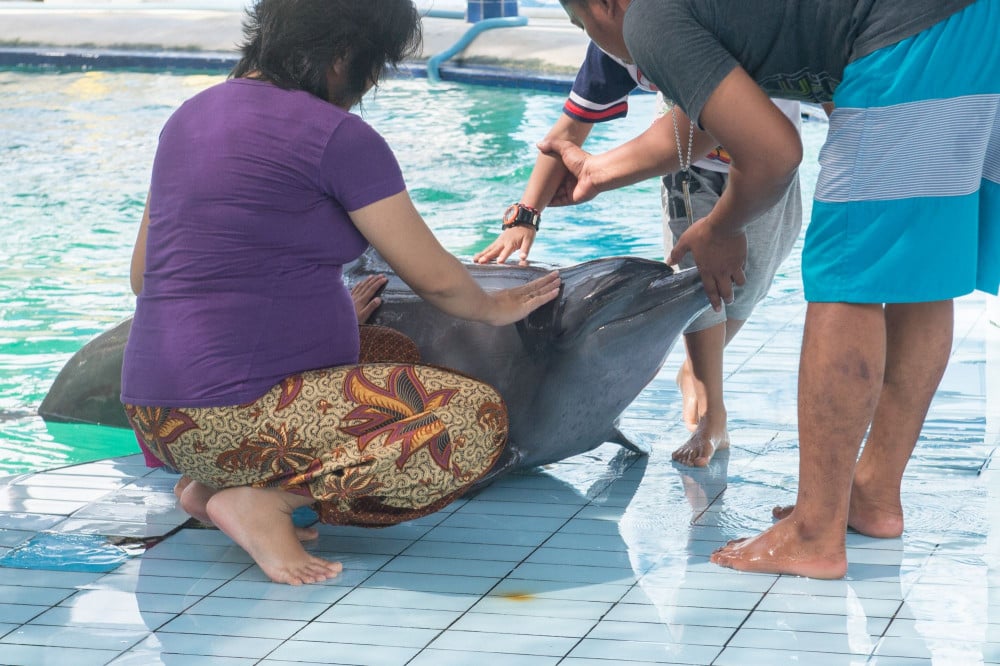
Animals used in these shows often undergo brutal training techniques aimed at breaking their spirits. They are typically confined in small, barren enclosures, leading to chronic health problems and psychological disorders.
For example, bottlenose dolphins are six times more likely to die immediately after capture from the wild and transfer between facilities, highlighting the extreme stress and trauma involved.
Animals in entertainment are denied their natural behaviours like hunting, roaming, and socializing. This not only affects their mental health but can also lead to aggressive or abnormal behaviours, like pacing or swaying.
Wild cetaceans (whales and dolphins), for instance, travel up to 160 kilometers a day and dive hundreds of feet deep, yet in captivity, they have less than 0.0001% of their natural habitat range, severely limiting their ability to exhibit natural behaviors.
Animals used in entertainment are often poached from the wild, causing not only severe injuries and death during capture but also threatening entire species. For example, elephants are poached as babies and subjected to a brutal training process known as "the crush," involving severe confinement and beatings to break their spirits for entertainment purposes.
Additionally, animals bred in captivity face substandard conditions that lead to physical and psychological issues from an early age, preventing them from experiencing natural behaviors and increasing their stress and aggression.
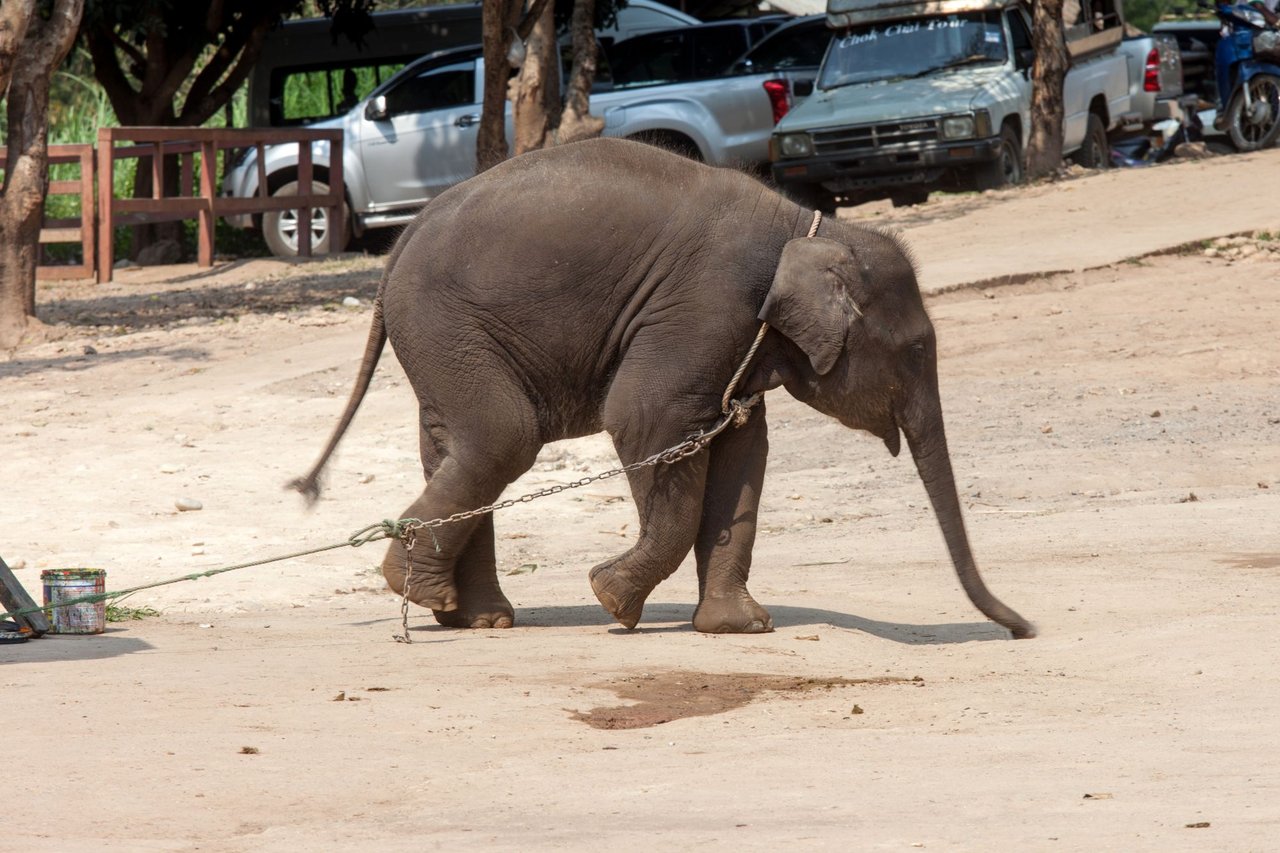
The wildlife entertainment industry is a significant part of the trillion-dollar global tourism industry, accounting for up to one quarter of its revenue. Research indicates that up to 550,000 wild animals are currently suffering in irresponsible tourist attractions worldwide.
Investigations reveal that about 75% of wildlife tourist attractions involve severe welfare abuses such as young animals being taken from their mothers, beaten, or trained under duress to perform or interact with tourists for photos and rides. Read more in our report Checking out of cruelty: How to end wildlife tourism’s holiday horrors.
Despite the cruelty, 80% of tourists leave positive reviews for such attractions, often due to a lack of awareness about the conditions and treatment of the animals involved.
Once informed about the cruelty, most people choose not to participate in wildlife entertainment activities. Campaigns have already led to commitments from over 80 travel companies worldwide to stop promoting activities like elephant rides and shows.
For over three decades, World Animal Protection has been a pioneer in the fight against wildlife entertainment, advocating for the natural lives of wild animals and seeking to end their exploitation in tourist attractions globally.
Our persistent campaigns have led to transformative changes in the tourism industry, including major platforms like TripAdvisor ceasing the sale of tickets to wildlife activities that involve direct contact with animals, significantly reducing the demand for cruel attractions.
Through strategic partnerships and relentless advocacy, we have influenced over 200 travel companies worldwide to adopt wildlife-friendly practices, demonstrating our commitment to ending the suffering of animals in entertainment.
We continue to educate millions of tourists annually through innovative platforms and resources, raising awareness about the plight of animals in entertainment and driving a shift towards more ethical tourism practices.
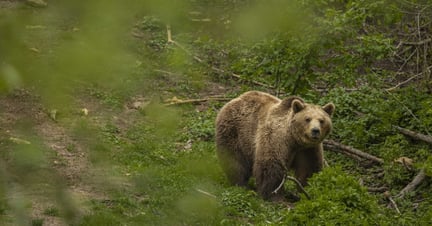
Blog
Our partner bear sanctuary in Romania provides 115 formerly abused bears with a peaceful life. Get to know...
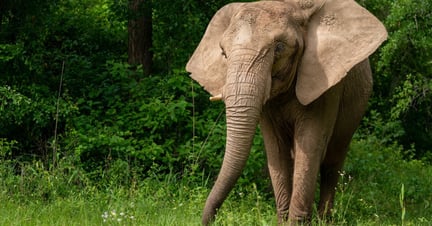
News
Stolen from the wild as a young orphan, Mundi is among 63 elephants brought to North America only...
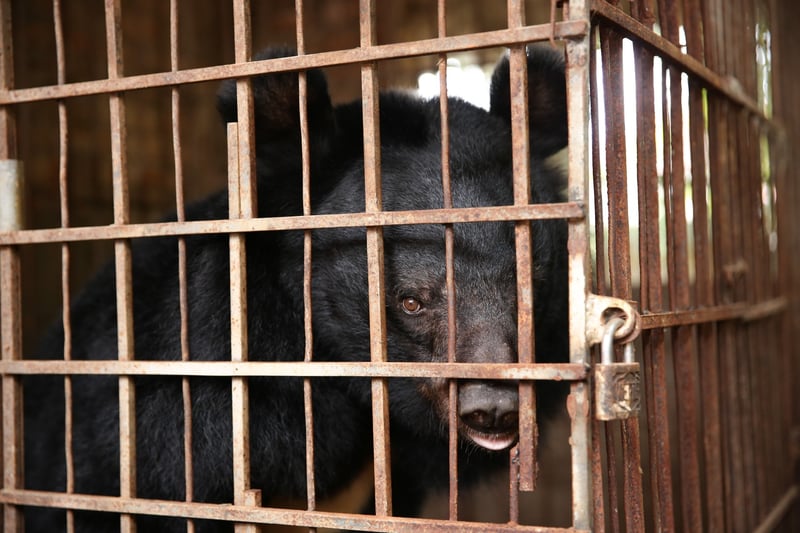
News
Tu Do, the bear, was voluntarily surrendered by her owner to a sanctuary after World Animal Protection negotiations.
Become a champion for wildlife by taking concrete actions that can lead to significant changes in animal welfare.

Avoid attractions that exploit wild animals for entertainment. Research before visiting or promoting venues.

Commit to being an animal-friendly tourist and encourage others to do the same. Our pledge involves rejecting activities that harm animals.

Use your voice to influence policy changes by supporting legislation that protects wildlife from exploitation.